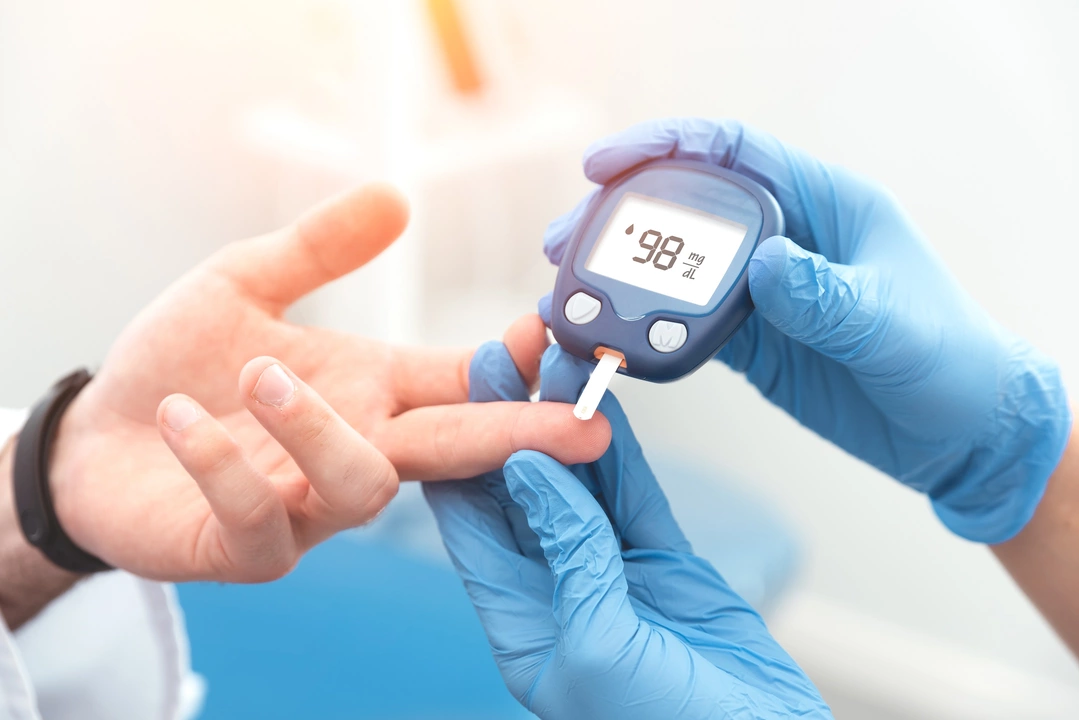Regular checkups catch small problems before they become big ones and keep your care on track. Most people skip visits until symptoms show up, but preventive visits often stop issues from getting worse. Think of a checkup as maintenance for your body — like changing oil before the engine seizes.
How often should you go? For healthy adults, a yearly visit is a good baseline. If you have chronic conditions like diabetes or high blood pressure, expect visits every three to six months. Older adults and people on multiple medications may need checks more often. Kids follow a different schedule tied to vaccines and growth milestones.
At a routine visit expect vitals, weight check, medication review, and a chance to talk about sleep, mood, and lifestyle. Your doctor may order blood work for cholesterol, blood sugar, kidney and liver function, or a urine test. These tests catch issues that feel harmless but matter long term.
Don’t forget age and sex specific screenings. Women need cervical cancer screening and mammograms at recommended ages. Men might discuss prostate checks. Colon cancer screening usually starts at 45 to 50 depending on guidelines and personal risk. Talk to your clinician about the right timing.
Bring a short list: current meds with doses, recent symptoms, and two or three questions you want answered. If you track blood pressure, glucose, or symptoms at home, bring the notes. Use a phone photo of pill bottles if you can’t list everything.
Be honest about lifestyle habits. Doctors do better work with clear info on diet, alcohol, smoking, and exercise. If you’re nervous about a topic—sexual health, mental health, substance use—say so. Those details change care and options.
Ask specific questions: “What screening do I need now?” “Which vaccine do I need?” “Are my meds interacting?” “How will you follow up?” Request clear next steps and who to call with results. If you prefer messages over calls, ask about portal access.
If cost or time is a worry, consider a telehealth check for follow up or basic medication reviews. Labs and immunizations still need in-person visits, but many routine talks work fine remotely.
After the visit, write down the plan and set reminders for tests, follow-ups, or lifestyle goals. Small steps count: fill prescriptions promptly, schedule the colonoscopy or mammogram, and book your next checkup before leaving.
Regular checkups aren’t glamorous, but they keep you out of crisis mode. Show up prepared, ask clear questions, and use the visit to build a plan you can actually follow.
If you have a family history of specific diseases, tell your clinician and ask about earlier screening or genetic testing. For example, a parent with early heart disease or colon cancer may change timelines. Bring a family health snapshot and ask for a written plan so you and your doctor share the same priorities and action.

As someone living with Type 2 diabetes, I cannot stress enough the importance of regular checkups in managing this condition. Regular checkups allow my healthcare team to monitor my blood sugar levels, ensuring they remain within a healthy range. Additionally, these checkups help in the early detection of potential complications, such as nerve damage and kidney issues, allowing for prompt intervention. By staying on top of my health, I can prevent the development of severe health problems and maintain a better quality of life. So, if you're also living with Type 2 diabetes, please make it a priority to schedule and attend your regular checkups - it's a crucial part of managing our condition.
READ